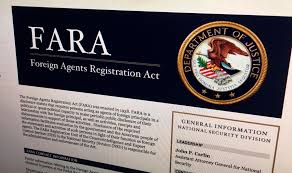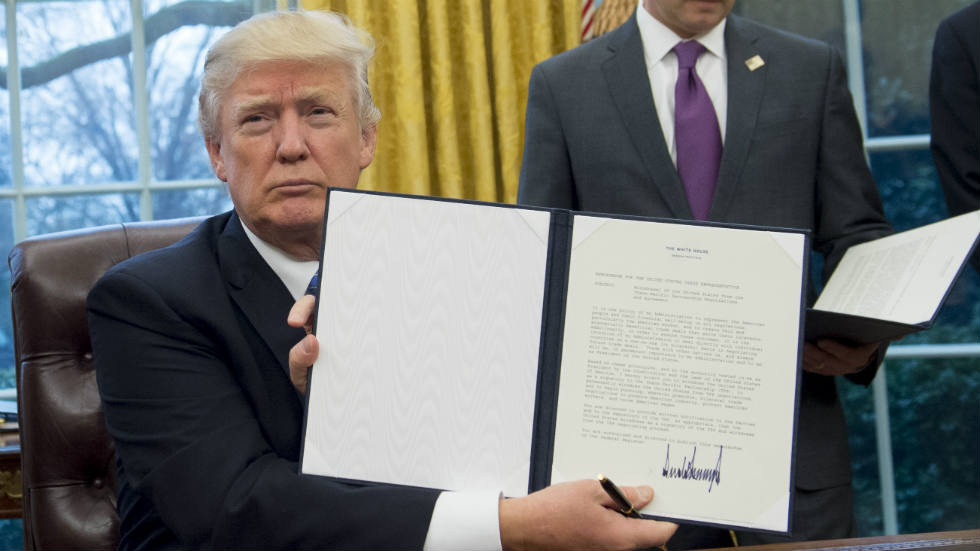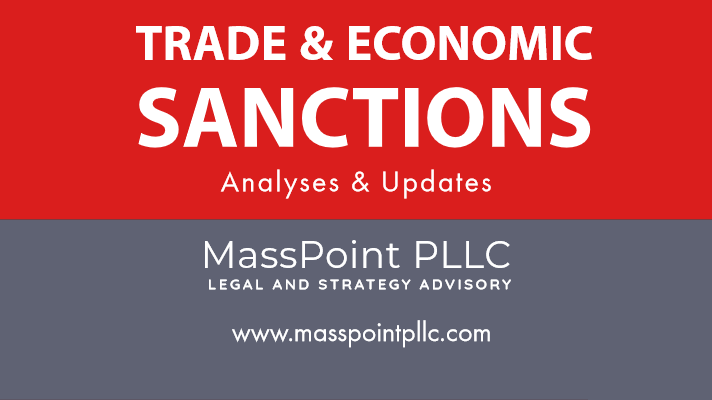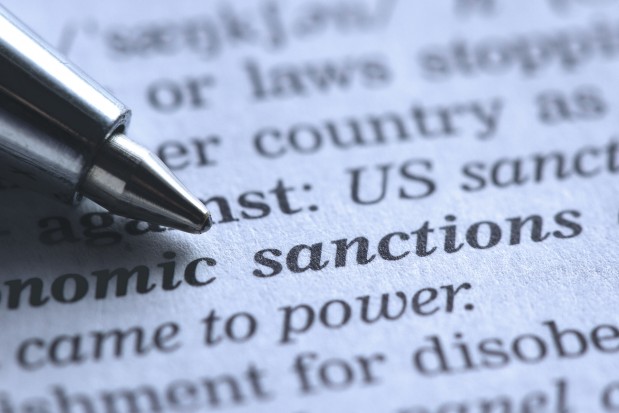The Global Magnitsky Sanctions apply worldwide, without any requirement of a jurisdictional nexus with the United States. They define corruption broadly enough to capture a wide range of conduct and persons. The sanctions target “serious human rights abuse,” but do not define the term. Moreover, the sanctions are readily deployable. No tailored legislation, executive order, or other administrative process—other than a sanctions determination by the Secretary of Treasury in consultation with the Secretary of State—is required to impose sanctions anywhere, anytime. Given their global reach, substantive breadth, and wide applicability, the Global Magnitsky Sanctions have distinct utility value as they can be readily employed for multiple legal, policy and strategic objectives. They are the Swiss Army Knife of sanctions. To date, 78 individuals and entities have been sanctioned for corruption and human rights abuses. The most recent of these sanctions actions, against Turkey, has triggered speculation as to its motives and objectives. This is discussed below, as are some of the provisions that suggest the Global Magnitsky Sanctions were formulated for sweeping applicability and enforcement latitude.








